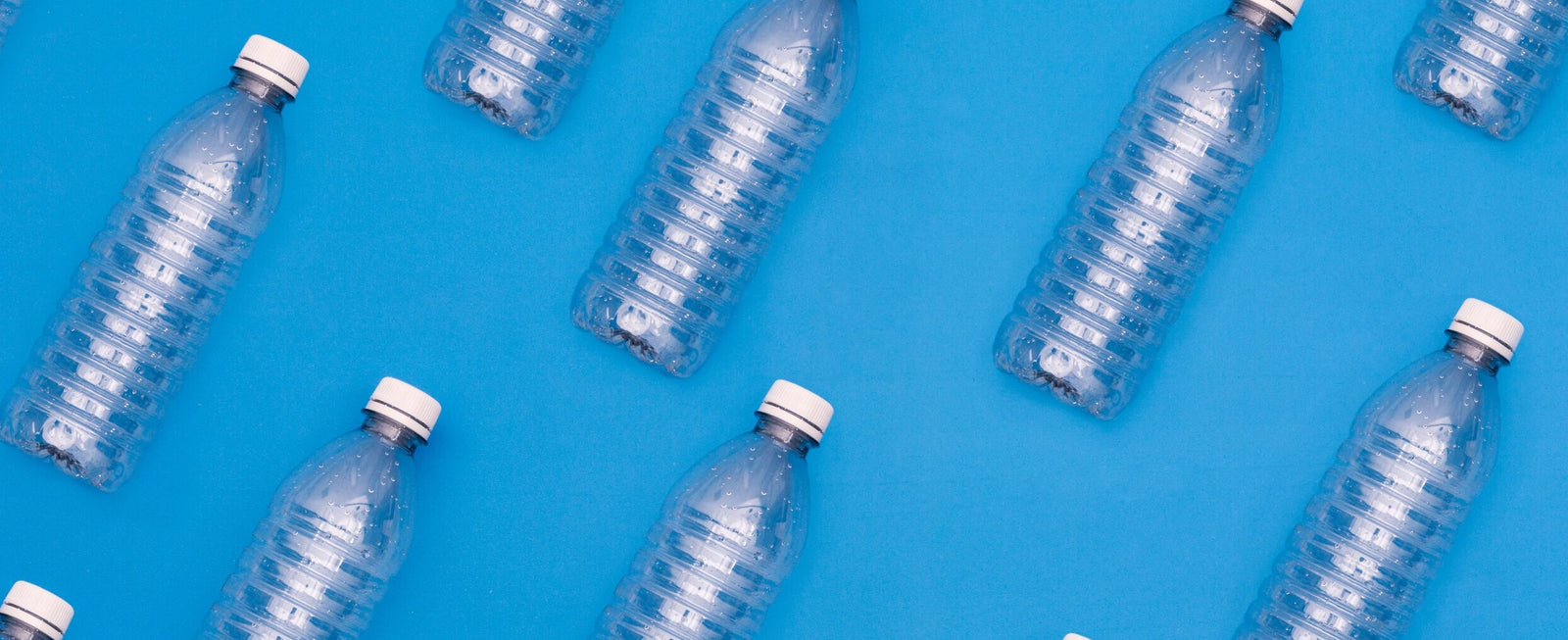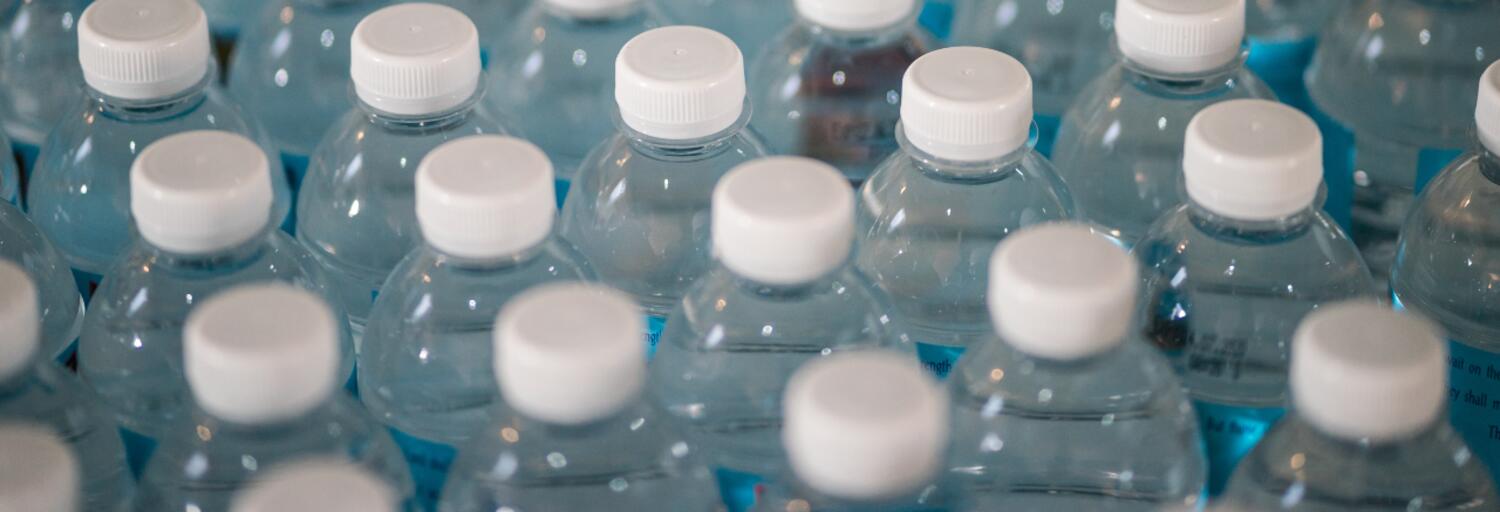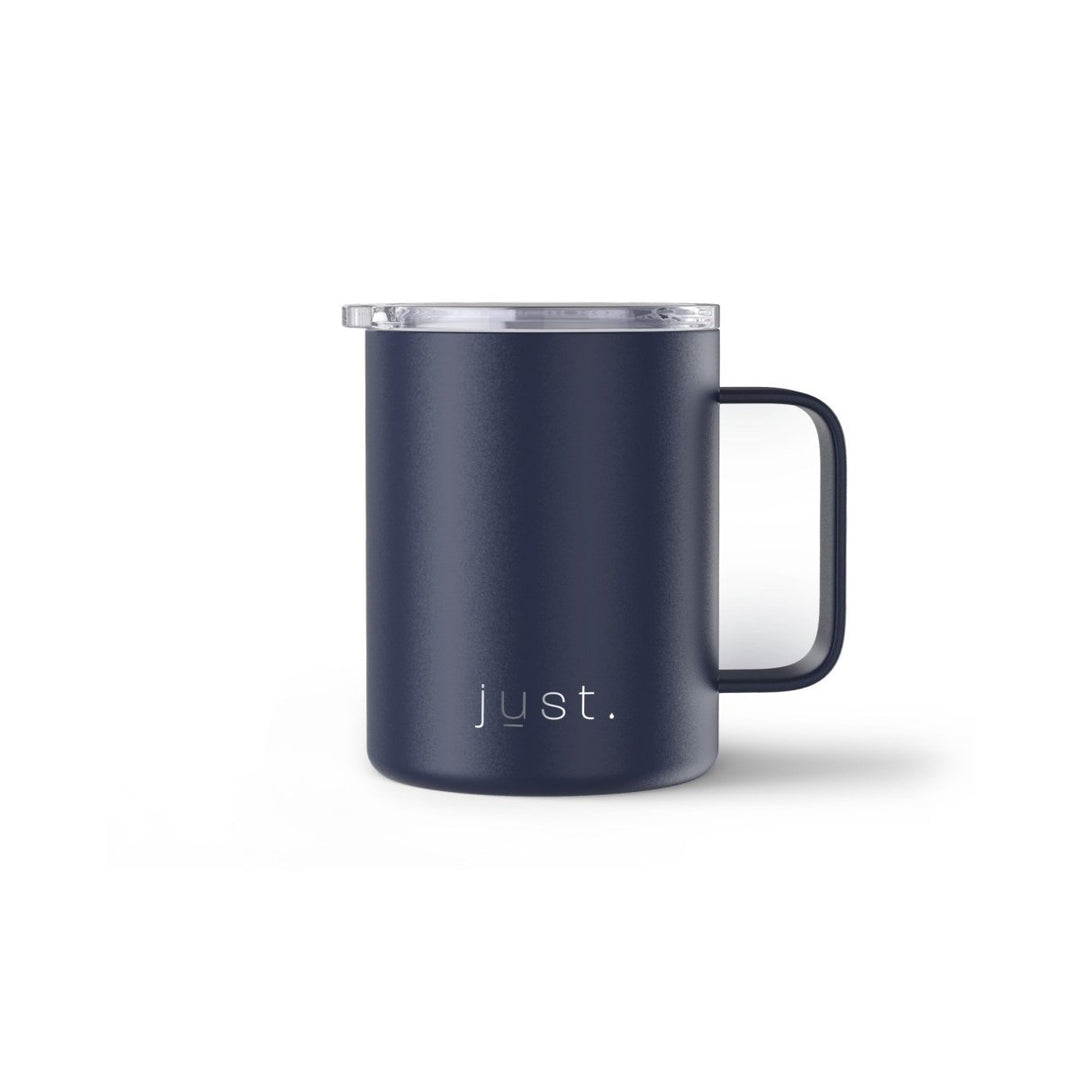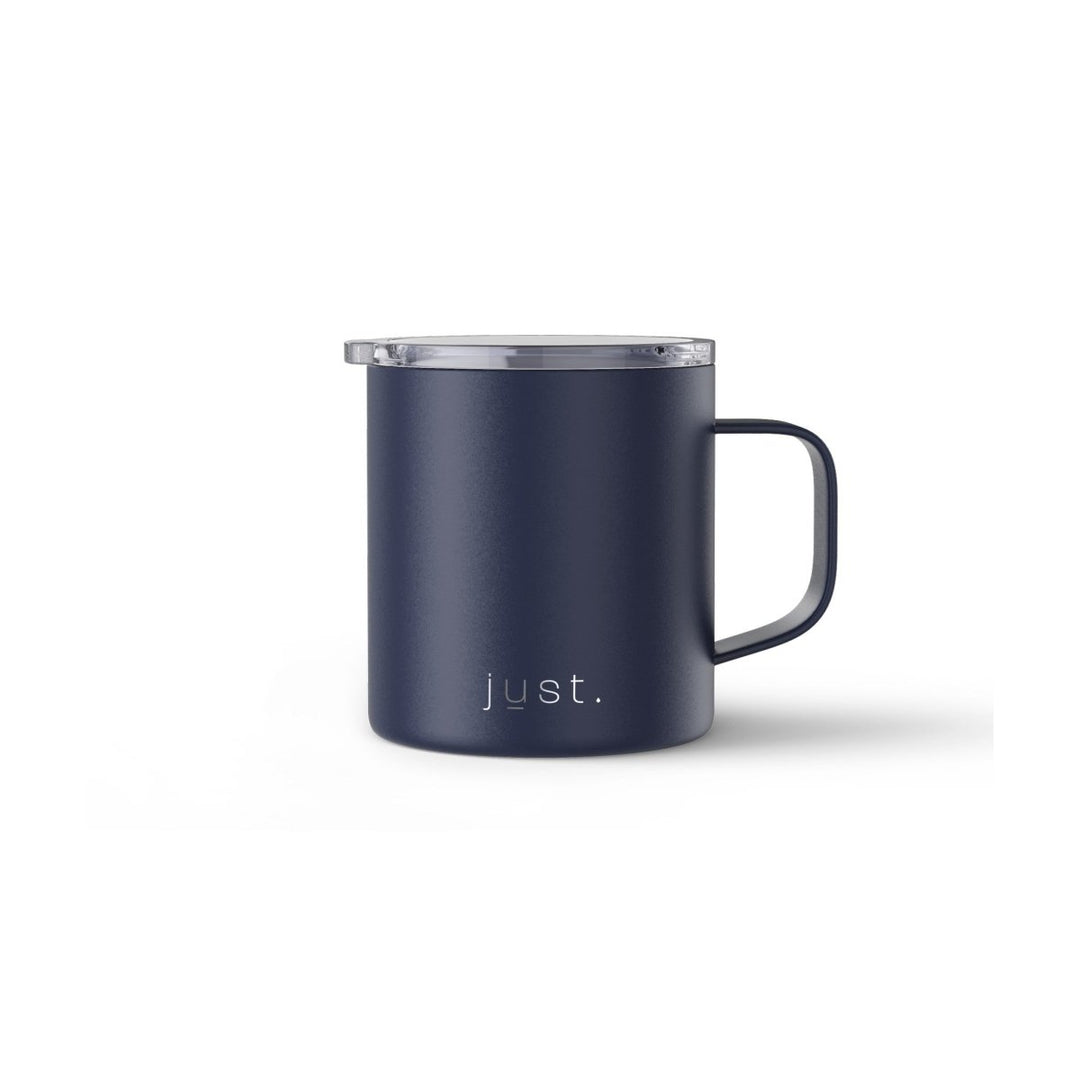
From Plastic to Stainless Steel: Understanding the Benefits and Drawbacks of Different Water Bottle Materials
When it comes to choosing a reusable water bottle, there are a variety of materials to consider. Depending on your needs, the right material can have many benefits, while the wrong one can be a source of problems. Here we take a look at the different types of reusable water bottle materials, their advantages and disadvantages, and their environmental impact.
Types of Water Bottle Materials
The most common types of reusable water bottle materials are plastic, stainless steel, glass, and aluminium. All of these materials have their own unique benefits and drawbacks, so let’s take a closer look at each of them.
Plastic water bottles are lightweight and affordable, but they can leach chemicals into the water and are not as durable as other materials.
Stainless steel water bottles are more durable and don’t leach chemicals, but they are slightly heavier and more expensive.
Glass water bottles are non-toxic and don’t leach chemicals, but they are fragile and can be difficult to transport. Aluminium water bottles are lightweight and durable, but they can leach a metallic taste into the water.
Advantages of Plastic Water Bottles
Plastic water bottles have long been a choice for single-use hydration. Their popularity has been attributed to several key advantages: their lightweight and affordable nature, a wide array of shapes, sizes, and colors to choose from, and a level of durability that prevents them from shattering upon impact.
These attributes have historically made plastic water bottles a convenient choice, especially for outdoor activities where temperature control isn't a concern, given their easy portability and resistance to shattering when dropped compared to glass bottles.However, it is important to emphasize that the perception of benefits associated with single-use plastic bottles has undergone a significant shift in recent years. As awareness of environmental concerns has grown, it has become abundantly clear that the convenience of plastic bottles comes at a substantial cost to our planet.The plastic pollution crisis, overflowing landfills, and devastating harm to wildlife have made it increasingly evident that the convenience of single-use plastic is no longer justifiable.
In this context, the once-perceived benefits of plastic bottles have been overshadowed by the pressing need to transition towards more sustainable alternatives. It is imperative that we recognize the true environmental cost of single-use plastics and prioritize eco-friendly choices for a healthier planet.Disadvantages of Plastic Water Bottles
Plastic water bottles are prone to leaching chemicals if they come into contact with certain liquids or temperatures, and they can be difficult to clean.
Additionally, plastic bottles tend to absorb odours, making them unpleasant to use after a couple of uses. Finally, because plastic is not as durable as other materials, plastic bottles may need to be replaced more frequently than other types.
The main drawback is that plastic water bottles are not as environmentally friendly as other types of water bottles. They are made from petroleum-based products, which are not biodegradable and can take hundreds of years to decompose.
Plastic has been proven to break down into thousands of tiny pieces of "micro plastics," which then easily make their way into the drainage system and eventually into the ocean.
This has a devastating effect on marine life and ocean pollution. Additionally, the production of plastic water bottles requires a large amount of energy and resources, making them a less sustainable option than other types of water bottles. Plastic water bottles are also not made with any insulating properties so they can't keep drinks hot or cold for very long.

Advantages of Stainless Steel Water Bottles
Stainless steel bottles are an ideal choice for those looking for an environmentally-friendly and durable option. Stainless steel water bottles combine the benefits of eco-friendliness and functionality, making them a great material choice, they're extremely sturdy and do not absorb odours or flavours, ensuring that your water retains its original taste and quality.
Stainless steel's exceptional resistance to corrosion ensures that your water bottles will remain in excellent condition, even after prolonged use.
Considering the growing concern over plastic pollution, stainless steel water bottles offer an impactful solution to reduce plastic consumption, especially for companies looking for branded water bottles.
By providing employees, customers, or event attendees with reusable stainless steel bottles, you not only enhance your brand's visibility but also align with environmentally conscious values. These bottles can serve as a lasting advertisement for your brand, carrying your logo through various settings, from gyms and offices to outdoor adventures.
Durability is a key factor when it comes to reusable water bottles, stainless steel's exceptional resistance to corrosion ensures that your bottle will remain in excellent condition, even after prolonged use. This longevity enhances the value of your investment in a high quality reusable bottle
Ease of transport is another advantage of stainless steel water bottles. They're generally lightweight and designed for convenience, making them an excellent choice for people on the go, just as they are for those looking for an environmentally-friendly and durable option. Stainless steel water bottles are also a great choice for those looking to reduce their plastic consumption. They are reusable and last for years, making them a great long term investment.
For those seeking even greater versatility, some high-quality stainless steel water bottles are double-walled with vacuum insulation, this innovative feature not only keeps drinks cold for extended periods but also maintains the warmth of hot drinks, which has the advantage of keeping drinks cold and hot for long periods of time.
Whether it's a refreshing sip of chilled water during a summer outing or a comforting sip of hot coffee on a winter morning, stainless steel bottles are a fantastic long term choice of reusable water bottle.
Disadvantages of Stainless Steel Water Bottles
On the downside, stainless steel bottles tend to be slightly heavier than plastic or aluminium bottles. Additionally, they are more expensive compared to other materials, but generally considered worth it in the long run.

Advantages of Glass Water Bottles
Glass bottles can be a great choice for those looking for an eco-friendly and stylish option. They have a sleek design and are easy to clean. Glass bottles also do not absorb odours or flavours, and they can provide insulation if they are double-walled.
Glass bottles are also a great choice for those looking to reduce their plastic consumption. They are reusable and can last for years if taken care of properly. Additionally, glass bottles are non-toxic and do not contain any chemicals that can leach into your water. This makes them a safe and healthy choice for drinking water.
Disadvantages of Glass Water Bottles
On the other hand, glass bottles tend to be more fragile than other materials and are prone to shattering if dropped. Also, they can be heavier than other materials and may not fit in a standard cup holder. Finally, glass bottles tend to be more expensive than other materials.
In addition, glass bottles can be difficult to clean due to their narrow necks and can be difficult to reach with a sponge or brush. Furthermore, glass bottles can be difficult to transport due to their fragility and weight, making them less ideal for outdoor activities. Finally, glass bottles can be difficult to store due to their size and shape.
Advantages of Aluminium Water Bottles
If you’re looking for a cheap option that's not plastic, aluminium bottles are a another choice. They provide some insulation and come in a variety of sizes and styles. Additionally, aluminium bottles are durable and resistant to corrosion.
Disadvantages of Aluminium Water Bottles
The main downside to aluminium bottles is for health reasons. Aluminium is toxic for humans, and it leaches into the drink inside. To combat this, most aluminium bottles are made with a thin plastic lining on the inside layer to protect from the toxic aluminium, however, this thin plastic layer can easily break down with time, which leads to drinking small bits of plastic followed by the toxic aluminium coming into contact with the drink inside.
Aluminium bottles also tend to absorb odours and flavours, which can make them unpleasant to use over a longer time period. Additionally, they can be difficult to clean and scratch more easily compared to stainless steel. Finally, some aluminium bottles contain BPA, a chemical that can be harmful if ingested.
Aluminium Bottle vs Stainless Steel
When weighing up the choice between aluminum and stainless steel for your reusable bottle, it's crucial to consider the unique advantages and drawbacks of each material. Aluminum bottles are slightly lighter and more affordable compared to stainless steel, making them a convenient choice for on-the-go hydration.
However, as mentioned before, because aluminium is not a food grade material and is unhealthy to drink from, it requires a thin plastic lining on the interior of the water bottle to prevent the aluminum from reacting with the liquids inside. Over time, this plastic layer can degrade, leading to flavor transfer and potential health concerns.
In stark contrast, stainless steel bottles are the most popular choice due to their non-reactive nature. Unlike aluminum, stainless steel won't interact chemically with the beverages it contains which means it does not require a plastic lining on the interior. This ensures that your drinks remain fresh and untainted by any metallic taste or harmful compounds for the life of the bottle.
Furthermore, stainless steel's durability and resistance to corrosion make it a long-term investment that not only provides a durable drinking experience but also contributes to a sustainable lifestyle. So, when making your decision, consider the benefit of stainless steel's non-reactive quality as a better long term investment, ensuring your drinks stay fresh and uncontaminated sip after sip. Of course this needs to be balanced against the slightly higher initial cost of stainless steel bottles vs aluminium.Pros and Cons of Reusable Water Bottle Materials
Ultimately, the right material for your reusable water bottle will depend on your needs and preferences. Plastic bottles are lightweight, affordable, and come in many shapes and sizes. Stainless steel is highly durable and does not absorb odours or flavours and is the most environmentally friendly, but is more expensive than plastic. Glass is eco friendly but fragile. Aluminium is lightweight and affordable but prone to absorbing toxic chemicals.
Environmental Impact of Different Water Bottle Materials
When it comes to the environmental impact of reusable water bottles, all materials have their pros and cons. Plastic bottles are made from petroleum-based products and break down into microplastics which is toxic to us humans and the environment. Stainless steel is highly recyclable, the best overall for the environment, the longest lasting and most durable but requires slightly more energy to produce.
Glass can generally be recycled but requires more energy than other materials and is more likely to break, negating the effects of a reusable product. Finally, aluminium is highly recyclable but requires large amounts of energy to produce, and reqires plastic on the inside lining due to the toxic material.
Choosing the Right Material for Your Needs
When it comes to choosing the right material for your reusable water bottle, it’s important to consider your needs and preferences. Plastic bottles and aluminium bottles may be lightweight and affordable but are prone to leaching chemicals. Glass bottles provide a better solution than plastic but are fragile and non insulated.
Stainless steel bottles are the most environmentally friendly, the most durable and offer the best insulation properties and are healthier for the user, but come at higher initial cost. Ultimately, you should choose the material that fits your lifestyle best.
FAQs
Different materials have varying levels of health concerns. Stainless steel and glass water bottles are considered safe as they do not leach harmful chemicals into your drink. Plastic bottles can potentially leach chemicals, especially when exposed to high temperatures or certain liquids. Aluminium bottles may have a plastic lining to prevent aluminium leaching, but the quality of this lining can vary. To minimise health risks, choose bottles from reputable manufacturers and follow their usage recommendations.
Water bottles made from different materials have varying temperature retention properties. While double wall stainless steel and some double wall glass bottles excel at keeping drinks hot or cold for extended periods, plastic and aluminium bottles may not offer the same level of insulation.
Yes, you can use stainless steel water bottles for carbonated beverages without a problem. Stainless steel is not reactive to carbonated drinks, so it won't affect the taste or integrity of your beverage. Just ensure that your bottle has a tight-fitting cap or lid to prevent carbonation from escaping.
Yes, glass water bottles are safe for drinking water. They are non-toxic and do not contain chemicals that can leach into your water, making them a healthy choice. However, it's important to handle them with care as they are fragile and can shatter if dropped. Glass bottles are also reusable and can last for years if properly maintained.
The dishwasher safety of water bottles depends on the material. While some materials like stainless steel and glass are generally safe for the dishwasher if they come without a powder coat finish, it's crucial to check the manufacturer's guidelines for your specific bottle. Less durable materials like plastic and aluminium bottles may be dishwasher safe, but prolonged exposure to high heat and detergents can break down the material over time. Hand washing with a mild detergent is the best option for all materials.
Written by the Just Bottle team
With years of experience in sustainable product design, the Just Bottle team specializes in creating high-quality, reusable drinkware that helps reduce waste and remove plastic from our oceans. Our insights are grounded in real-world use, product development expertise, and a deep commitment to environmental impact







